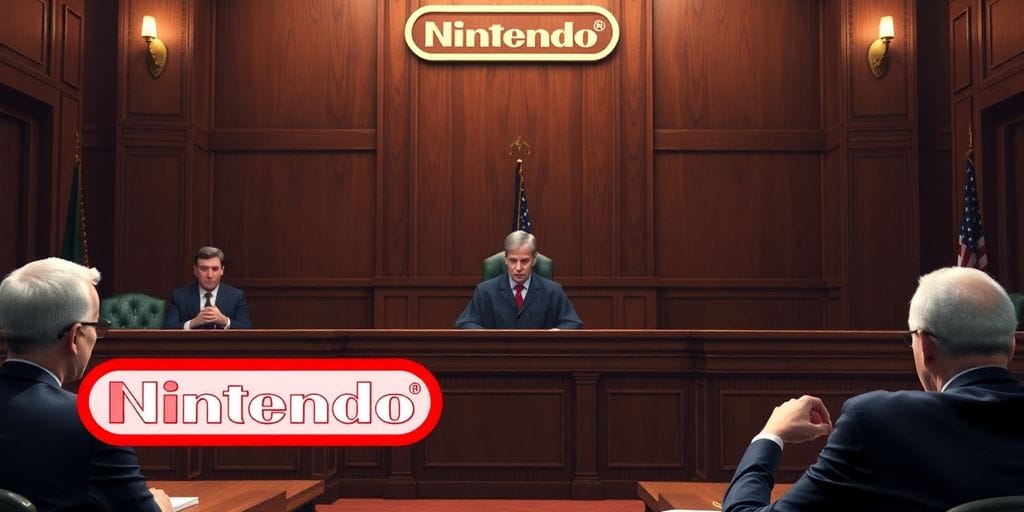Fiona Harvey vs. Netflix: The lawsuit involving Fiona Harvey and Netflix’s Baby Reindeer sheds light on complex legal issues surrounding defamation and the freedom of artistic expression. In this article, we will explore the legal foundations of defamation in the context of audiovisual productions, the implications of portraying a work as “based on a true story,” the differences between jurisdictions such as the U.S. and U.K., and the concept of “actual malice.” We will also address the responsibilities of streaming platforms and the potential legal ramifications that can emerge from cases like this.
Defamation: Definition and Legal Elements
Defamation occurs when someone makes a false statement about another individual that causes damage to their reputation. In jurisdictions like the United States and the United Kingdom, defamation is divided into two forms: libel (written) and slander (spoken). For a defamation claim to be successful, certain elements must be proven:
- False Statement: The statement must be demonstrably false.
- Publication to Third Parties: The statement must have been made public to third parties.
- Identification of the Plaintiff: The person claiming defamation must be identifiable in the statement.
- Harm to Reputation: The statement must cause significant harm to the person’s reputation.
- Negligence or Actual Malice: Depending on the jurisdiction and the status of the plaintiff (if they are a public figure, for example), it may be necessary to prove that the statement was made with negligence or actual malice.
The Case of Fiona Harvey vs. Netflix
In the case of Baby Reindeer, Harvey alleges that the show was advertised as a “true story,” when in fact the story was partially fictionalized. The series portrayed a character named Martha, who was identified as being based on Fiona Harvey. Martha was depicted as having committed acts of sexual harassment and physical violence against Richard Gadd, the show’s creator. However, Harvey claims that she was never convicted of stalking or any crime, making the depiction defamatory.
“True Story” Promotion and Defamation
A central issue in Harvey’s lawsuit is the claim that the series was promoted by Netflix as “based on a true story,” with the phrase “This is a true story” appearing at the start of each episode. This type of promotion has significant legal implications because it suggests to viewers that the events depicted are factual.
Federal Judge Gary Klausner, who allowed the case to proceed, emphasized the importance of this phrase, arguing that it leads the audience to interpret the events as real. While Gadd and Netflix may argue that the show was dramatized, the explicit statement of truth complicates their defense in a defamation lawsuit.
Distinguishing Fiction from Fact
Richard Gadd’s defense is based on the idea that Baby Reindeer is a dramatization—fiction inspired by real events but with creative liberties. However, when a fictional work is presented as a true story, the degree of responsibility for accuracy increases. In the U.S., artistic freedom is widely protected by the First Amendment, which ensures freedom of expression. Nevertheless, this protection has limits when it comes to harming the reputation of identifiable individuals.
Judge Klausner noted that while Harvey’s alleged actions could be considered reprehensible, the series depicted those actions in a significantly worse light. He further emphasized that there is a substantial difference between being accused of stalking and being convicted of stalking. Netflix, he argued, should have taken greater care in representing these facts.

Negligence and Actual Malice
In the U.S., defamation cases involving public figures or matters of public concern require the plaintiff to prove “actual malice.” This means that the person making the statement knew it was false or acted with reckless disregard for the truth. While Fiona Harvey is not a public figure, Judge Klausner indicated that the case may involve “actual malice” because Richard Gadd expressed doubts about the accuracy of the “This is a true story” claim, but Netflix chose to include it anyway.
This allegation of negligence or malice is crucial, as it could increase Netflix’s liability in the case. By knowing that the events were fictionalized but still presenting them as true, the platform may have acted negligently by failing to verify the accuracy of the claims or to protect Harvey’s identity.
The Identification of Fiona Harvey and Public Impact
Although Fiona Harvey was never directly named in the show, she was quickly identified by the public through her social media posts and other public information. Harvey claims that she received death threats and suffered significant emotional distress, further supporting her claims of substantial harm to her reputation.
Judge Klausner noted that Netflix should have foreseen that viewers would identify Harvey as the inspiration for Martha and that, by failing to take steps to protect her identity, the platform contributed to the violation of her rights.
Streaming Platforms’ Responsibility
This case also raises critical questions about the responsibility of streaming platforms like Netflix. With the rise of original content and the creation of stories based on real events, streaming platforms have a duty to ensure that fiction is clearly distinguished from fact and to take steps to protect individuals who are portrayed negatively.
If Netflix is found liable for defamation, it could face significant financial consequences, in addition to potential reputational damage. In Harvey’s case, the damages being sought amount to $170 million, a substantial sum reflecting the gravity of the allegations and the impact the show has had on her life.
Differences Between Jurisdictions: U.S. and U.K.
Although this case is being tried in the United States, where the First Amendment offers broad protections for freedom of expression, it is interesting to consider the differences with other jurisdictions, such as the United Kingdom. In the U.K., defamation laws tend to be more favorable to plaintiffs, requiring less evidence of “actual malice.” The 2013 Defamation Act in the U.K. introduced some important reforms, such as requiring plaintiffs to prove they suffered “serious harm” as a result of defamation.
In transnational cases like this one, where the series was streamed in multiple countries, Netflix could potentially face litigation in other jurisdictions with stricter defamation laws.
Conclusion
Fiona Harvey’s defamation lawsuit against Netflix for Baby Reindeer is a prime example of the delicate balance between artistic freedom and legal responsibility. While freedom of expression allows the creation of works based on real events, creators and distributors of content must be cautious when presenting such works as true, especially when they involve allegations of criminal conduct. The legal consequences for Netflix could be substantial, and this case serves as a warning to the entertainment industry about the importance of treating the line between fiction and reality with care.
With Judge Klausner’s decision allowing the case to proceed, Netflix may face a lengthy legal battle, with far-reaching implications for how true stories are told in the future.



